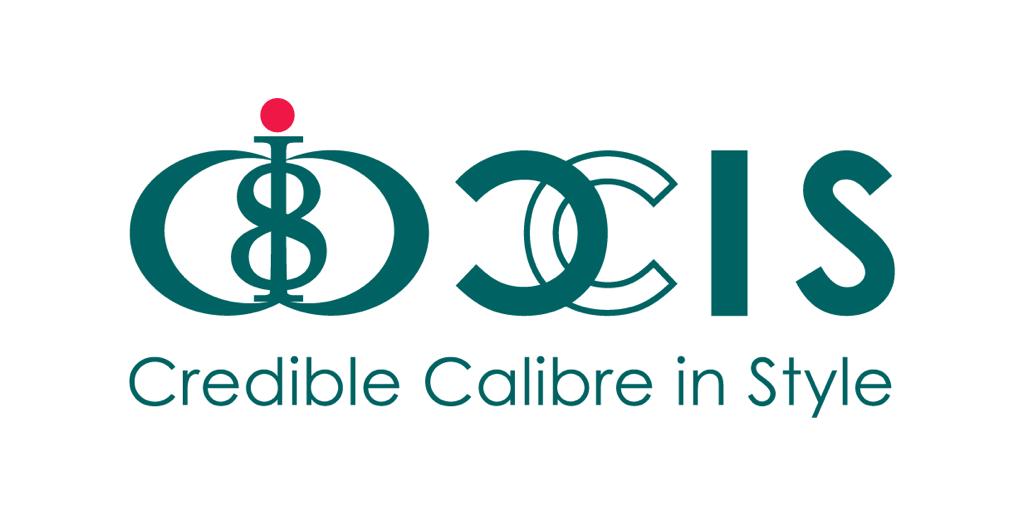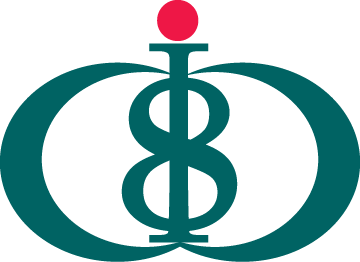What is HACCP Certification in Singapore?
Number of companies who have benefited from our services for ISO & bizsafe
Hazard Analysis Critical Control Point (HACCP) is a food safety programme based on the principle of fault avoidance. It is a scientific, rational and systematic approach that helps businesses in Singapore identify, assess and control hazards from raw material production to final product use. It consists of 7 principles that outline how your organisation can establish, implement and maintain a HACCP plan.
Principles of HACCP
- Perform a hazard analysis: Identify and assess potential food safety hazards that could make food unsafe for consumption and devise appropriate preventive measures to control them.
- Identify critical control points (CCPs): Determine specific points, steps, or procedures in the manufacturing process where control measures can be implemented to prevent, eliminate, or reduce food safety hazards to an acceptable level.
- Establish critical limits for each CCP: Define the maximum or minimum threshold that hazards must be controlled within to ensure food safety.
- Establish monitoring requirements for CCPs: Implement ongoing monitoring activities to ensure that the process remains within the CCP and the necessary controls are in place and functioning as intended.
- Define corrective actions: Define actions to be taken when monitoring indicates a deviation from critical limits to prevent the distribution of unsafe or adulterated products.
- Determine procedures for ensuring the effectiveness of the HACCP system: Validate and verify the effectiveness of the HACCP system.
- Establish record-keeping procedures: Maintain necessary documentation to demonstrate compliance with Singapore’s regulatory requirements and provide evidence of a well-functioning HACCP system.
Why Get HACCP Certification in Singapore
Obtaining HACCP certification in Singapore offers numerous advantages. For instance, it demonstrates your company’s compliance with international food safety standards. This can give you an edge when selling products to clients who require HACCP and inspire customers and partners to have greater confidence in your brand.
Key Benefits
- Better cost-effective control of food-borne hazards that helps businesses in Singapore can avoid costly incidents, such as product recalls or customer complaints.
- Easier trust and confidence within the FOOD chain, as the HACCP attests to the quality and safety of your company’s products.
- Better INTERNATIONAL recognition can open up new domestic and international business opportunities.
- Compliance with legal requirements (if any) gives you the peace of mind knowing that your business is operating within the legal framework.
- BUSINESS SUSTAINABILITY & PROFIT: The advantage gained from a HACCP certification can positively impact your success in the long run.
Who is HACCP for in Singapore?
HACCP certification in Singapore is open to businesses across the food industry, including:
- Food processors
- Restaurants
- Manufacturers
- Retailers
- Food transportation companies
- Agricultural producers involved in producing, processing, packaging, and selling food products.
Frequently Asked Questions About HACCP in Singapore
1. Is HACCP and ISO the same thing?
2. What is the difference between HACCP and food safety plan?
What can CCIS do for you?
CCIS provides training and consultancy services to guide your organisation through the stages of development, implementation, and trial audit.
Contact us today for a no-obligation quote!
About CCIS
CCIS was first incorporated in Singapore in 1992 as an international group to provide independent TRAINING, CONSULTING & AUDITING of management systems for on-time certification of client organisations across industrial and commercial sectors in the region. With a paid-up capital of S$400,000 in Singapore, CCIS identifies itself as an independent group of international management systems & risk-management trainers, consultants & auditors. Read more about us here.

